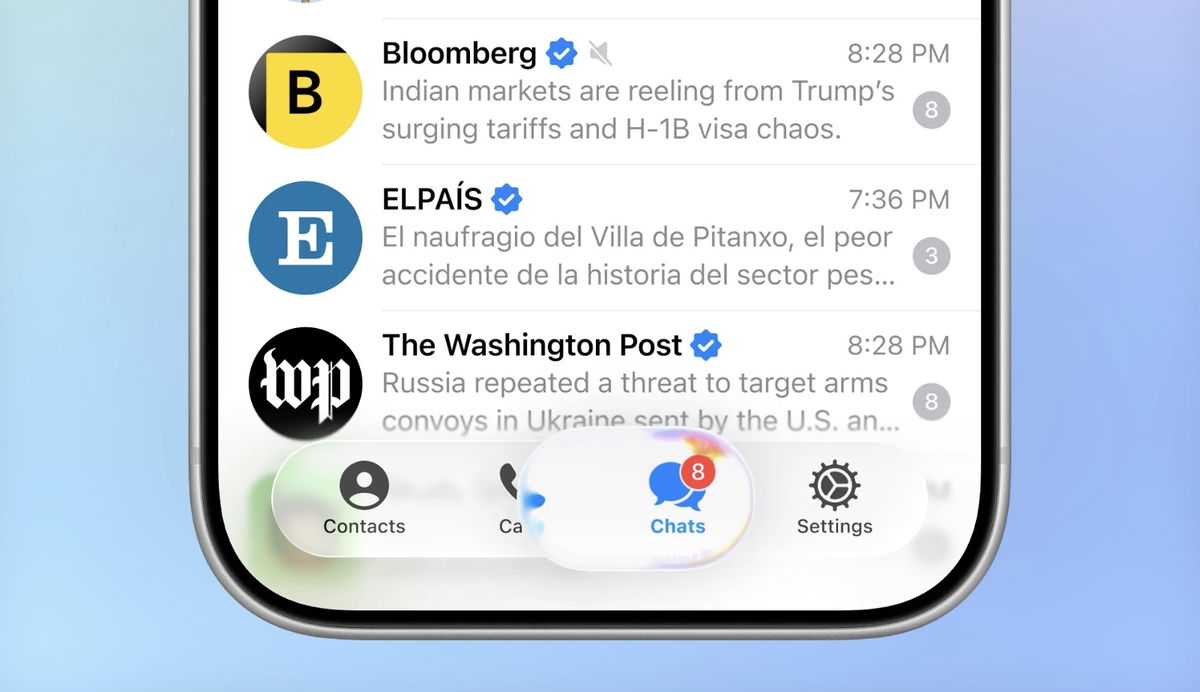Not only are billions of people worldwide hooked on their cell phones, but the information they consume has changed drastically – and not for the better. On dominant social media platforms like Facebook, researchers have documented that lies spread faster and more widely than similar content with truthful information. While users don’t want false information, algorithms that determine what people see tend to favor content that’s sensational, inaccurate, and misleading because that’s what drives engagement and thus ad revenue.
As internet activist Eli Pariser observed in 2011, Facebook also creates filter bubbles, making individuals more likely to be served content that reinforces their ideological leanings and confirms their own biases. And more recent research has shown that this has a huge impact on the type of information users see.
Even setting aside Facebook’s algorithmic options, the broader social media ecosystem allows people to find subcommunities that match their interests.. This isn’t necessarily a bad thing. If you are the only person in your community interested in ornithology, you no longer need to be alone because you can now connect with ornithology enthusiasts from all over the world. But of course, the same is true of lone extremists, who can use the same platforms to access and then spread hate speech and conspiracy theories.
(You may be interested: The young man got a millionaire salary, but lost his job for a TikTok video).
No one denies that social media platforms are an important channel for hate speech, disinformation and propaganda. Reddit and YouTube are breeding grounds for right-wing extremism. The Oath Keepers (a far-right militia group) used Facebook specifically to organize the attack on the US Capitol on January 6, 2021. Former US President Donald Trump’s anti-Muslim tweets were also found to fuel violence against Muslims. in the United States.
Some see these statements as alarming, noting that big players like Facebook and YouTube are doing much more to control hate speech and disinformation than their smaller competitors, especially now that better moderation practices are being developed. Similarly, other researchers have challenged the conclusion that lies spread faster on Facebook and Twitter, at least compared to other media.
Others argue that the problem is temporary, even if the current context of social networks is dangerous. After all, new means of communication have always been misused. Disinformation continues to be abundant in the print and visual media to this day, but society has adapted to it and has managed to contain its negative effects.
This argument implies that a combination of stronger regulation and other new technologies could overcome the challenges posed by social networks. For example, platforms can offer better information about the origin of articles; or the same platforms can be stopped from pushing algorithmically misinformation or provocative topics.
(We recommend: Caution! Facebook warns of malicious ‘apps’ stealing passwords).
But these measures do not address the depth of the problem. Social networks not only create echo chambers, they spread lies and facilitate the circulation of extremist ideas. They may also be undermining the foundations of human communication and social cohesion by replacing real social networks with artificial ones.
We distinguish ourselves from other animals mainly by our enhanced ability to learn from our community and accumulate experience by observing others. Our deepest ideas and most valued insights come from being embedded in a social context and interacting with discussion, education, performance, and more, not from being isolated or reading books. Reliable sources play an indispensable role in this process, which is why leaders and people with abusive rostrums can have such a big impact. Previous media innovations have taken advantage of this, but none have changed the nature of human networks as much as social networks.
(
What happens when digital platforms start manipulating what we perceive as our social network? The disturbing truth is that no one knows. And while we may eventually adapt to this change and find ways to neutralize its most damaging effects, it’s not something we should expect given the direction the industry is going.
The most devastating effects of social media are starting to appear as cultural critic Neil Postman expected nearly four decades ago in his landmark book, Fun to Die. “Americans no longer talk to each other, they entertain each other,” he said. “They are not exchanging ideas, they are exchanging images. They do not argue with propositions; They argue with looks and celebrities and commercials.”
In a 1984 comparison of George Orwell and Aldous Huxley’s Brave New World, Postman wrote, “Orwell was afraid of those who would deprive us of knowledge. Huxley feared those who would give us so much information that we would be reduced to passivity and selfishness.
While Postman is more interested in a Huxley-style future than an Orwellian future, social media promotes both at the same time. As governments acquire the means to both manipulate our perceptions of reality and reduce us to passivity and selfishness, our virtual ‘friends’ are increasingly controlling our thoughts. We must now constantly draw attention to our own virtue and challenge those who deviate from the prevailing orthodoxy. But ‘virtue’ is what the online artificial social circle says itself; and in most cases it is based entirely on lies.
Hannah Arendt, another 20th-century thinker, warned of where this could lead: “If everyone is lying to you all the time, the result is not that you believe the lies, but rather that no one believes anything anymore.” At that moment, social and political life becomes impossible.
Do you like manga and anime? This is the Tinder version for ‘otakus’
Court will listen to discussion about data plans with free apps
Twitter says it’s not prepared for mass layoffs of employees
DARON ACEMOGLU
© Project Syndicate
Source: Exame













